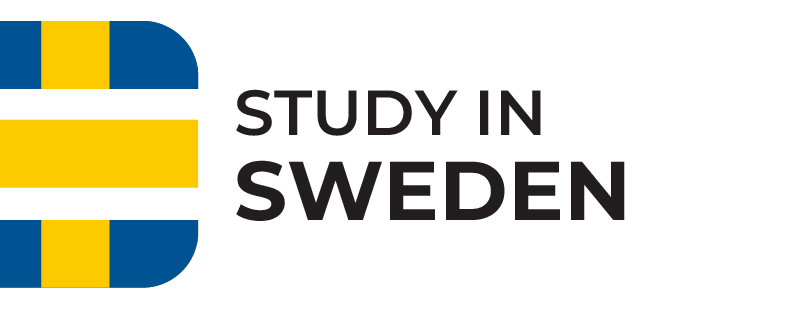Nearly all basic (bachelor’s level) students from other countries start their studies in Sweden as exchange students; the university that they attend in their home country likely has a contract that has a Swedish agreement, either as part of a plan throughout the European Union or through an alternative plan that allows exchange students. Some students come to Sweden to study for their bachelor’s degree as free movers, but the acceptance rate seems to be quite limited. Mindful organizing, great academics qualifications, private finances and also solid enthusiasm are essential to being accepted, just like if or when you were looking to be accepted at other universities. Always plan ahead of time and also be sure to schedule sufficient time to fill out the appropriate applications and to allow you to be accepted and start your visa process before your time gets too cramped. We discuss all of this in more detail on our How to Apply page.
An increasing number of bachelor’s programs are actually offered in the English language in order to make them available to people from around Europe and the rest of the world. That’s not to say that a programs involve a good amount of Swedish as well, but English is viewed as a more “universal” language and therefore its use is more accepted and even encouraged. We discuss those options in our Swedish and English section. Universities may also require verification regarding English proficiency, such as the TOEFL exam or another type of exam.
Following secondary education programs, which we discuss in our education system section, students can apply for tertiary education at a university or another institution of higher education. Standard academics degrees are offered through public universities, even though there are a few smaller universities that are funded at the private level. Other than basic academics degrees, Bachelor’s level programs throughout Sweden deliver a number of vocational and professional degrees in a number of different fields. There are hundreds of undergraduate programs that you may pursue.
Undergraduate education is incredibly important to Swedes, as they are very proud of their intuition and their accomplishments. Because of this common opinion that is held by the Swedes, in the fall semester of 2011, undergraduate schooling became cost-free. This just applies for Swedish, EU/EEA, and also European citizens; other people still pay to attend school in Sweden, but the costs have been reduced for them as well. You can find out whether you are eligible through your home country’s embassy, through the university you wish to attend, or the university that you are doing your exchange program through.
In July of 2007, a new advanced schooling process came into play throughout Sweden. The degree programs became divided into three main categories: Bachelor’s Level, Advanced Level, and Doctoral Level. The newest alterations also involved eliminating numerous skilled or professional degrees and also redefining some other pre-existing degrees. The point of this was to condense the number of programs available and to ensure that students would be getting the same education, no matter which school they attended in Sweden.
There are two main types of undergraduate education that you can receive while in Sweden
University degree
University degree, equivalent to an “associate’s degree” in other countries, which takes anywhere from one year to two years. This usually includes vocational schooling past the secondary level, and professional programs that only take about a year or so to complete. If you are looking to obtain professional skills without all of the time required for a full Bachelor’s level degree, then you are likely seeking a University degree. A number of Swedish universities offer many of these as a part of their course offerings.
Bachelor’s level degree
Bachelor’s level degree, which takes 3 years (depending on your enrollment and your circumstances). These are more academically based degrees, but they provide you with education that can take you into the work force or that can prepare you for higher education at the post graduate level. Bachelor’s level degrees often have more theory than practice, but in certain cases, you will get a lot of hands-on experience while earning your Bachelor’s level degree. It all depends on the school that you attend and the program that you are pursuing.
There are hundreds of undergraduate degrees that you can choose from, from all of the universities that you will find across Sweden. If you are ready to start looking at the different universities that you can attend in Sweden, take a look at our pages about How to Apply and Universities in Sweden. Both of those pages can give you the resources that you need in order to start the application process.
You can also look for more information at the Ministry of Education and Research, which is the branch of the Swedish government that oversees all levels of education, including tertiary education.

